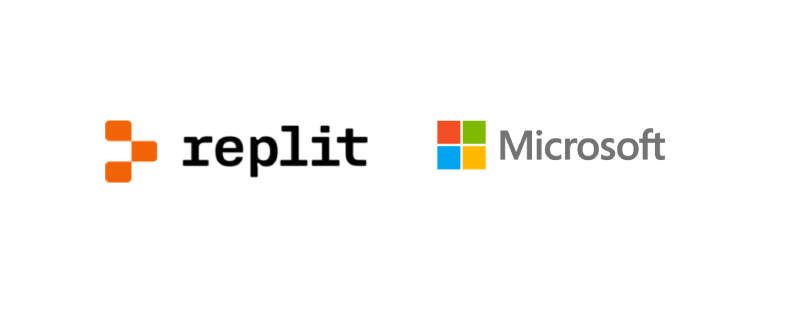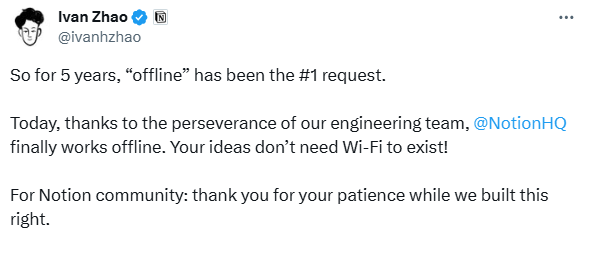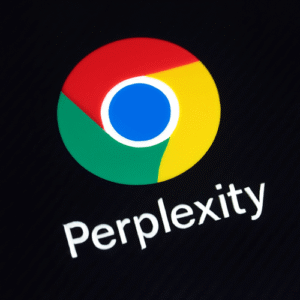The recent Replit Microsoft collaboration marks a pivotal shift in application development. By integrating Replit’s vibe coding platform with Microsoft Azure’s robust infrastructure, the collaboration empowers teams to transform natural language prompts into secure, production-ready web apps. This Replit Microsoft collaboration eliminates traditional coding barriers and accelerates innovation across startups and enterprises. Early adopters such as Zillow have harnessed this collaboration to build internal tools faster than ever.
With the Replit Microsoft collaboration, users can prototype new ideas within minutes, leveraging Azure Container Apps, Virtual Machines, and Neon Serverless Postgres behind the scenes. The Replit & Microsoft collaboration also enhances security and scalability by aligning Replit’s sandboxed runtimes with Azure’s compliance and governance standards. Businesses benefit from reduced time-to-market, lower total cost of ownership, and seamless integration into existing cloud ecosystems.
In a competitive landscape dotted with GitHub Copilot, AWS CodeWhisperer, and Google AppSheet, the Replit and Microsoft collaboration stands out by offering end-to-end vibe coding rather than code suggestions alone. While GitHub Copilot excels in assisting skilled developers with code snippets, and AWS CodeWhisperer integrates AI into IDEs, only the Replit Microsoft collaboration addresses the full app lifecycle through natural language. Unlike Copilot’s code-completion focus or AppSheet’s template-driven approach, the Replit and Microsoft collaboration delivers full-stack workflows from prompt to deployment. However, enterprises should be aware of potential vendor lock-in, AI hallucinations, and ongoing training requirements.
Despite its promise, the Replit Microsoft collaboration faces challenges such as managing AI-driven security risks, ensuring data privacy in prompt-based workflows, and training teams to trust automated code generation. Overall, the Replit Microsoft collaboration offers a powerful pathway to democratize software creation, empowering all team members to turn ideas into real-world applications. Additionally, stakeholders should monitor market trends and third-party integrations to maximize the Replit Microsoft collaboration. By evaluating costs, support, and customizability, organizations can fully leverage the Replit Microsoft collaboration for sustainable innovation.












